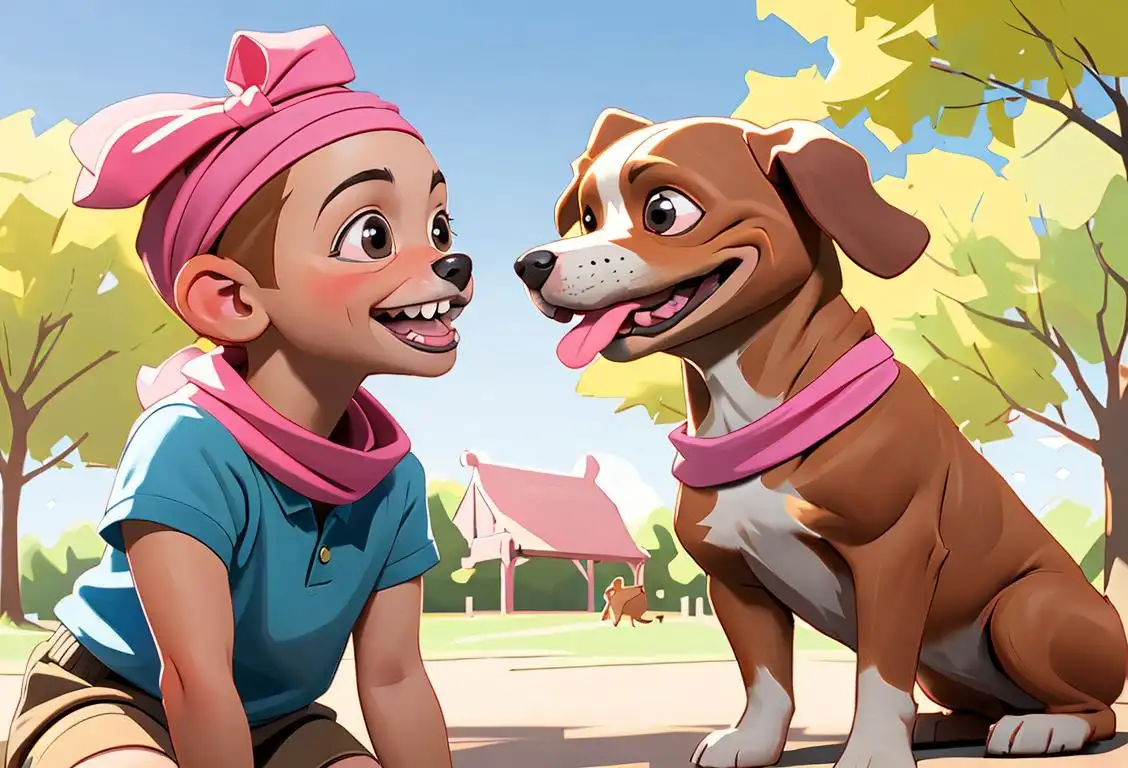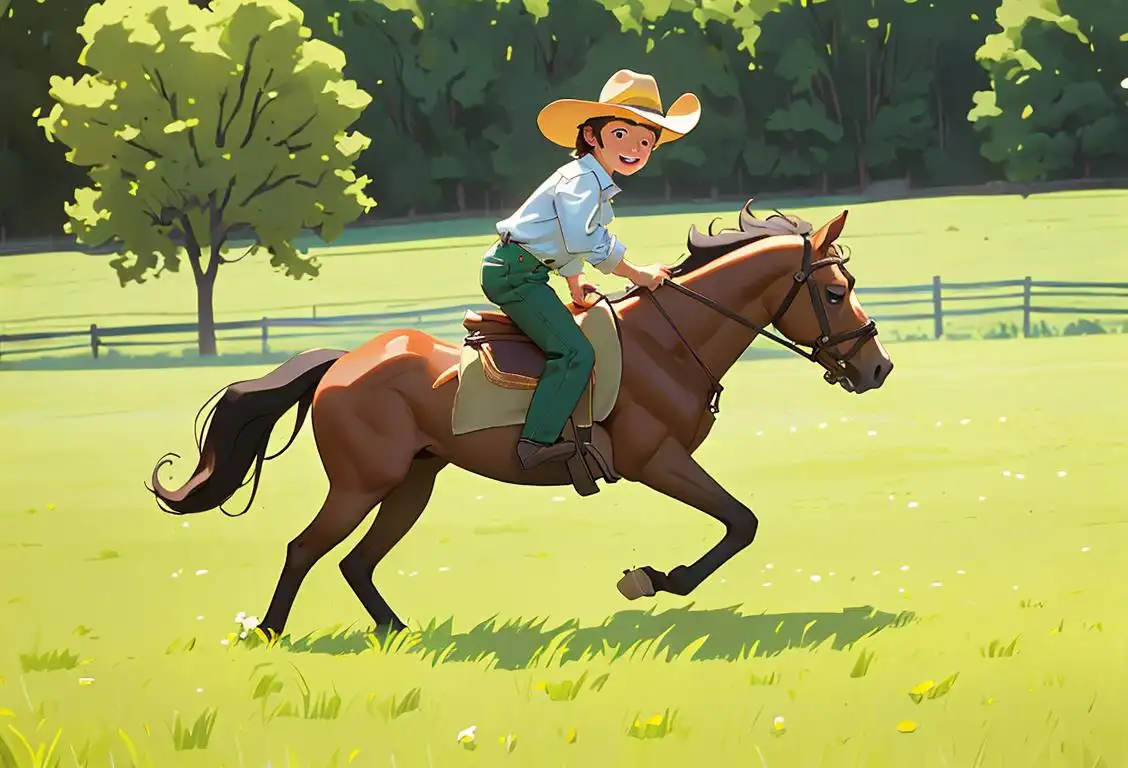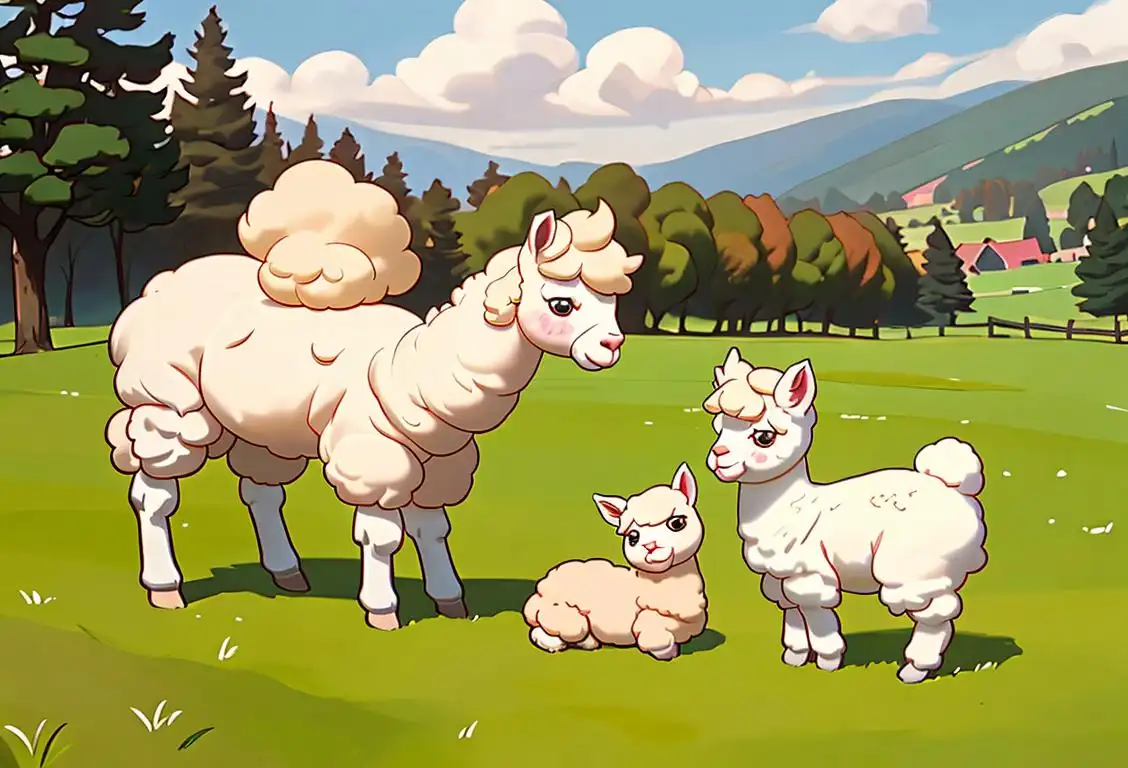National Bark Day

Happy National Bark Day! It's time to celebrate our canine companions and give them all the attention, treats, and belly rubs they deserve. Whether you have a small lap dog or a big, slobbering goofball, this is the perfect day to show them just how much you love and appreciate them. So grab your furry friend, let out a joyful bark, and get ready to learn all about the history of National Bark Day!
When is Bark Day?
It's national bark day on the 28th August.
The Origins of National Bark Day
While you might think that National Bark Day was created by a group of enthusiastic dog lovers, it actually has its roots on the internet. Back in the early days of online communities, a group of pet owners started a discussion about the unique sounds their dogs made. From deep growls to high-pitched yips, they realized that dogs have a wide range of barks that each have their own meaning.
The online community soon decided to create a special day to celebrate the bark, believing that it was an essential form of communication for dogs. And thus, National Bark Day was born!
How to Celebrate
There are countless ways to celebrate National Bark Day and make it a memorable day for both you and your furry friend. Here are a few ideas to get you started:
- Take your dog for an extra-long walk and let them explore all the fantastic smells of the world.
- Spoil them with their favorite treats and maybe even make some homemade doggie biscuits.
- Set up a playdate with other dog owners and let your four-legged pals have a blast together.
- Take some adorable pictures of your dog and share them on social media with the hashtag #NationalBarkDay.
Did You Know?
Did you know that a dog's bark can vary not just in sound but also in meaning? If your dog has a short, high-pitched bark, it might be a sign of excitement or anticipation. On the other hand, a deep, low-pitched bark could indicate aggression or warning. So take some time on National Bark Day to listen closely to your furry friend and try to decipher the different barks!
History behind the term 'Bark'
12th century
The Start of Bark
The term 'bark' originates from the Old Dutch word 'barke', meaning the sound a dog makes. In the 12th century, this word began to be used more broadly to describe the vocalizations of other animals and humans as well.
17th century
Nautical Usage
During the 17th century, the term 'bark' found its way into nautical terminology. It became a noun for a small sailing ship with three or more masts, where the forward mast is square-rigged and the others are fore-and-aft rigged. This usage was derived from the Latin word 'barca', meaning boat or ship.
18th century
Tree Bark
In the 18th century, 'bark' took on another meaning. It started referring to the protective outer covering of a tree trunk. This usage derived from the Old English word 'beorc', which originally meant birch, a type of tree commonly used for making bark-based products.
19th century
Sound or Tone
By the 19th century, 'bark' transcended its literal meanings and began to be used metaphorically to describe various sounds or tones. It was often used to depict harsh or explosive vocalizations, such as a dog's aggressive barking or the sound of a firearm discharging.
20th century
Bark as a Verb
In the 20th century, 'bark' evolved into a verb, gaining the sense of emitting a sharp sound or expressing oneself loudly and sharply. This expanded usage allowed 'bark' to describe not only animal vocalizations but also human behaviors, such as someone sharply giving orders or loudly complaining.
21st century
Onomatopoeic Representation
In the 21st century, the term 'bark' continues to be widely used and understood in its original and metaphorical senses. Its onomatopoeic nature, imitating the sound it represents, contributes to its cultural impact as a vivid and expressive word.
Did you know?
A dog's bark can vary in sound and meaning. Short, high-pitched barks can be a sign of excitement, while deep, low-pitched barks may signal aggression or warning.Tagged
fun loved ones animalsFirst identified
27th August 2020Most mentioned on
28th August 2020Total mentions
18Other days
Bully A Bunny Day
Hoss Day
Mess With A Bunny Day
Do A Grouch A Favour Day
Maoy Day
Geographic Shot Of The Day
Alpaca Day
Cute Day
Goat Day
Ellie Day









